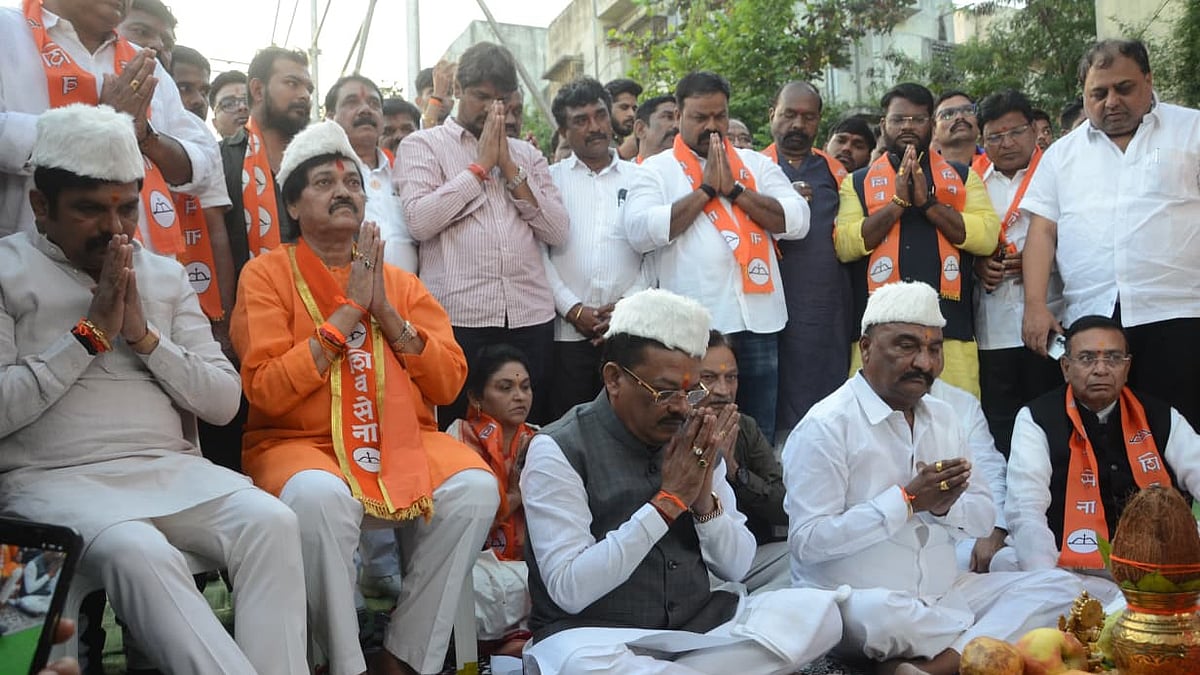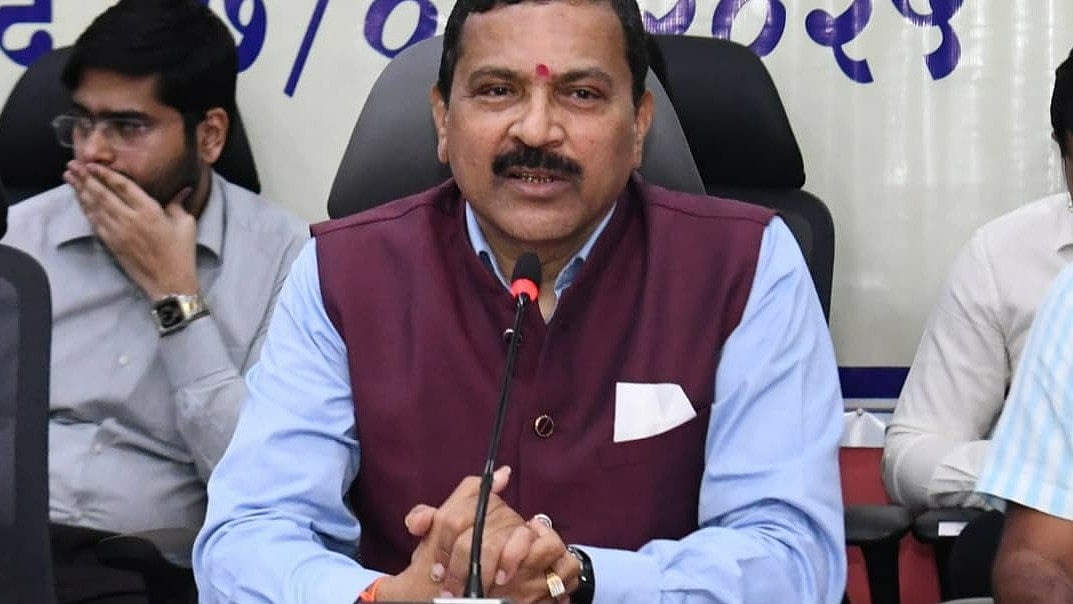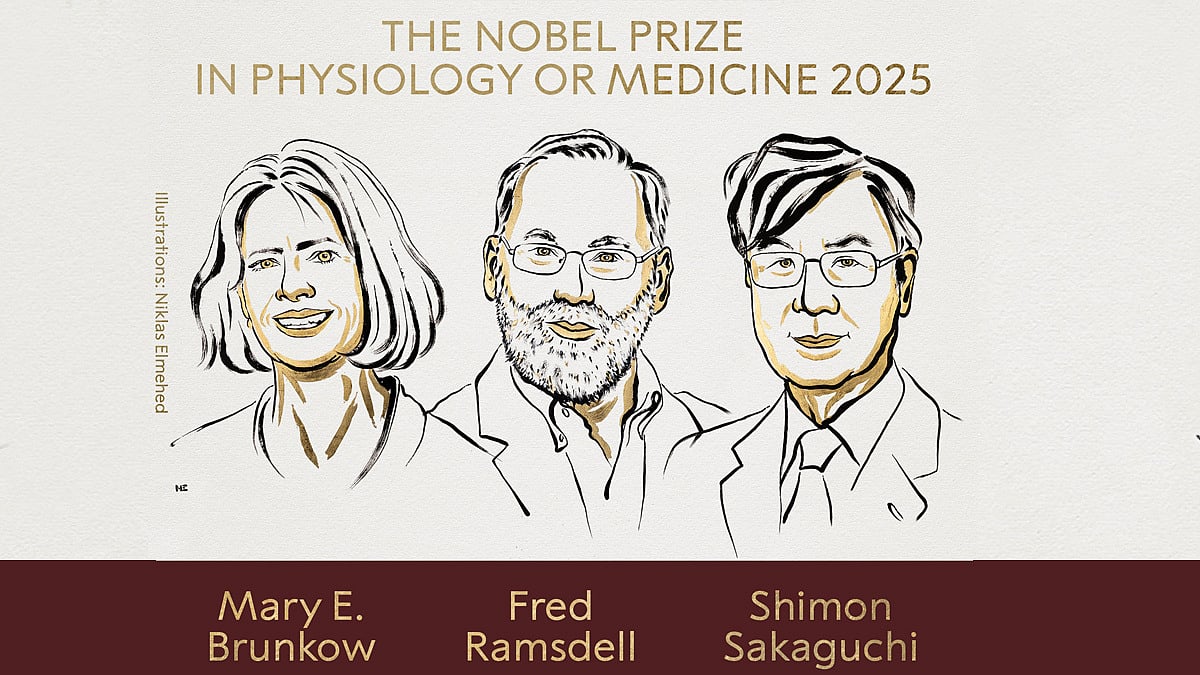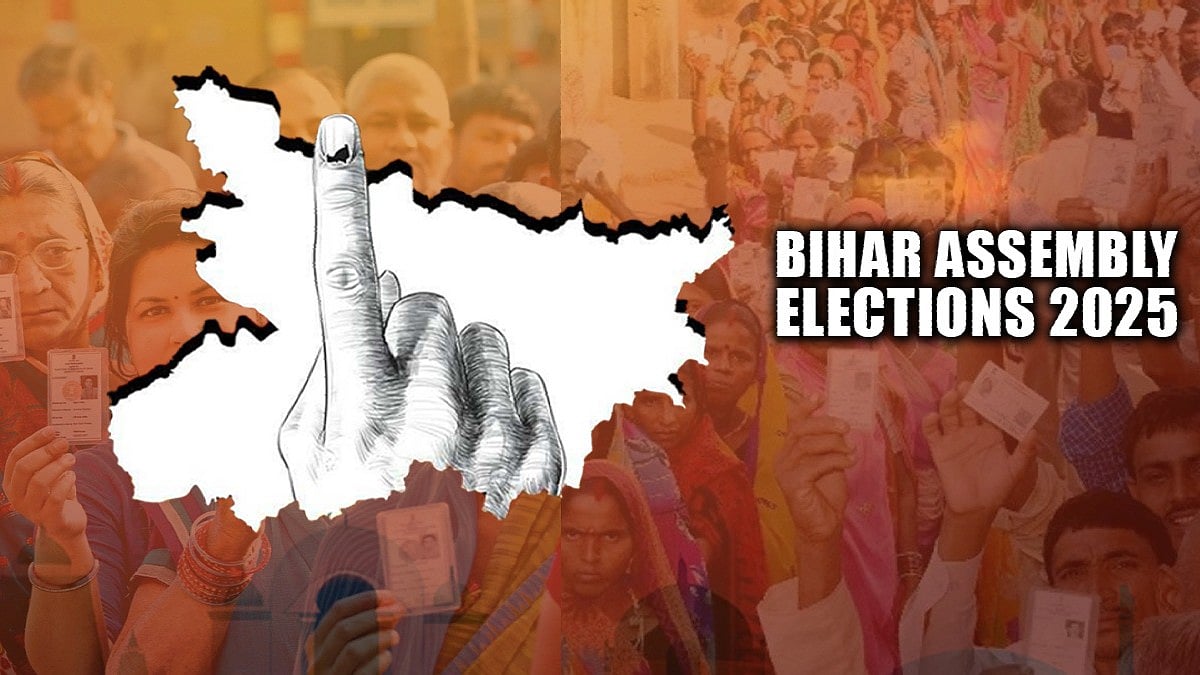Chief Justice of India BR Gavai won the admiration of the nation not merely by the position he holds but by the calm dignity with which he responded to a shocking act of provocation. When an elderly lawyer hurled a chappal at him inside the Supreme Court, the CJI showed a composure that few in public life could have mustered. “I am the last person to be affected by such things,” he said, and proceeded with the hearing as if nothing had happened. That serene reaction embodied the true spirit of justice—detached, disciplined, and rooted in dignity. What the lawyer did, by contrast, was deplorable. His conduct was contempt of court in the clearest possible sense.
Under India’s stringent contempt laws, the CJI could have sent him summarily to prison, without bail. Instead, he treated it as a mere disturbance lasting a few minutes. Because the court did not lodge a complaint, the police had no choice but to release the man. Ironically, he walked free not due to his own merit but because of the generosity of the very person he had tried to humiliate. Prime Minister Narendra Modi was right to condemn the attack swiftly and to praise the Chief Justice’s equanimity.
The assault was not merely against one individual but against the highest institution of justice in the land. A blow, or even an attempt, at the dignity of the Supreme Court is an affront to the entire constitutional system that guarantees our freedoms. The man shouted slogans claiming to defend Sanatana Dharma. But one wonders whether he has ever understood its essence. It is not about aggression, intolerance, or spectacle. It is about truth, restraint, compassion, and reverence for all living beings. The Bhagavad Gita teaches self-control and equanimity—not the throwing of footwear at an elder, let alone the CJI.
It is true that Justice Gavai had made an off-the-cuff remark, now widely misinterpreted on social media, about a damaged statue of Lord Vishnu. He later clarified his full respect for all religions. But in today’s climate of performative outrage, even a slip of the tongue is weaponised to stoke anger and division. The attacker, who sought to become a hero in defence of faith, ended up as a pitiable figure—thankful for leniency from the very judge he targeted.
Yet leniency should not mean impunity. He has forfeited his moral and professional right to appear before any court of law. Justice Gavai’s forbearance has strengthened the image of the judiciary. But the state and the Bar Council must ensure that this shameful act does not recur. Respect for the judiciary is not optional—it is the cornerstone of democracy. Those who undermine it, in the name of religion or otherwise, deserve the severest censure.










